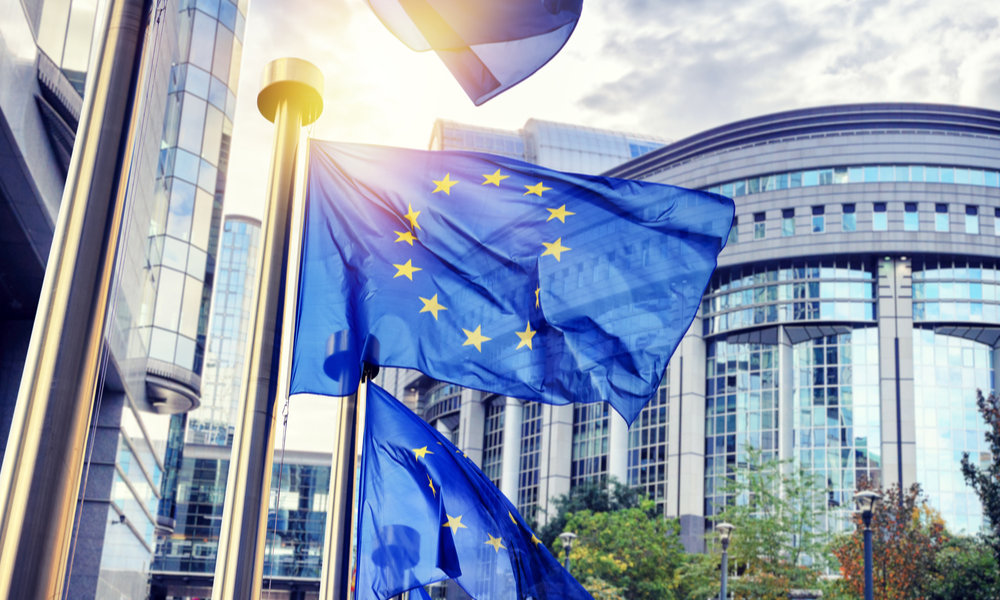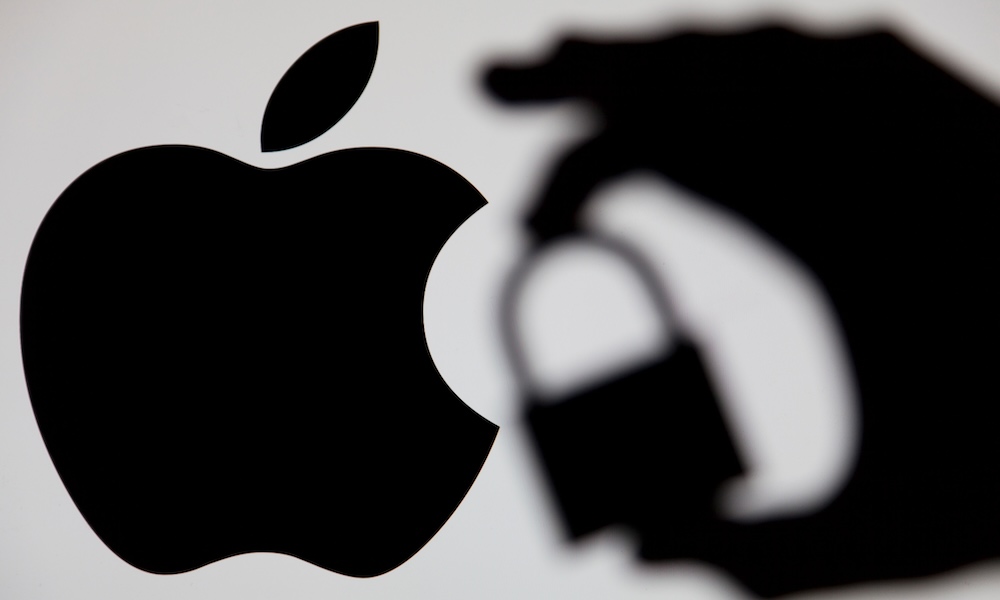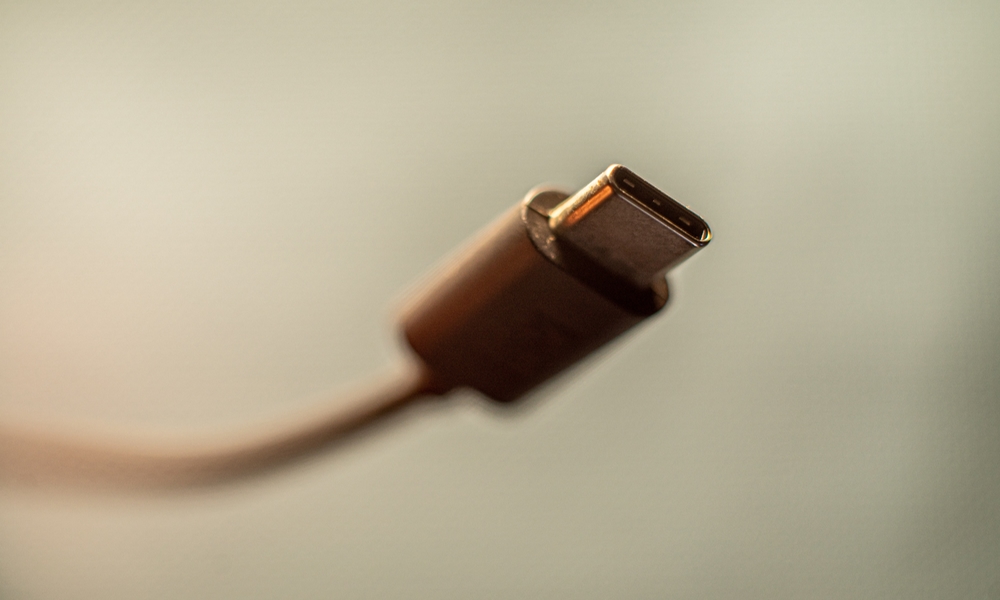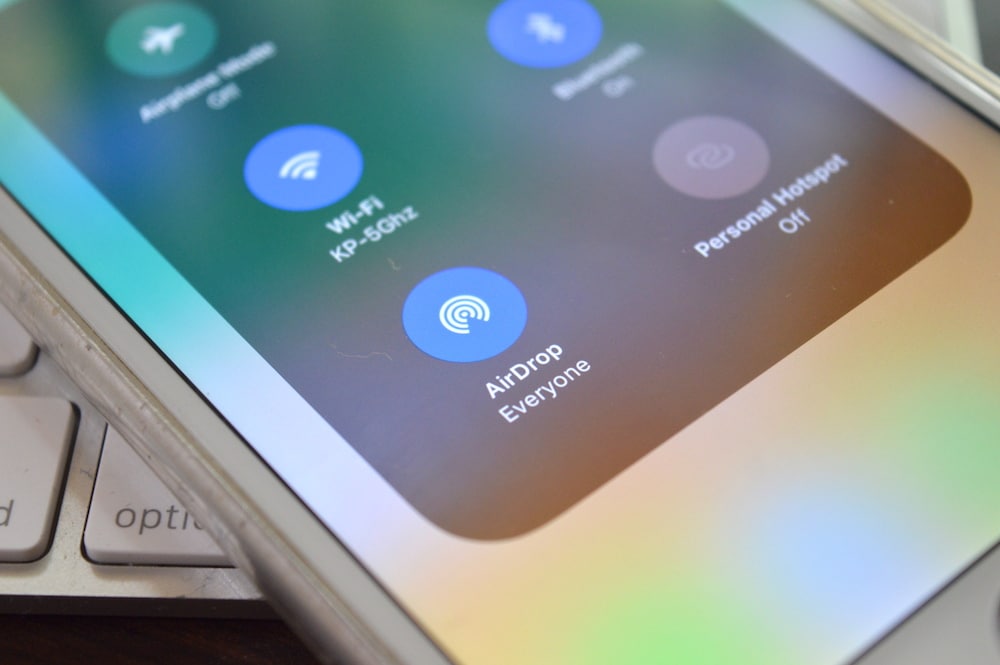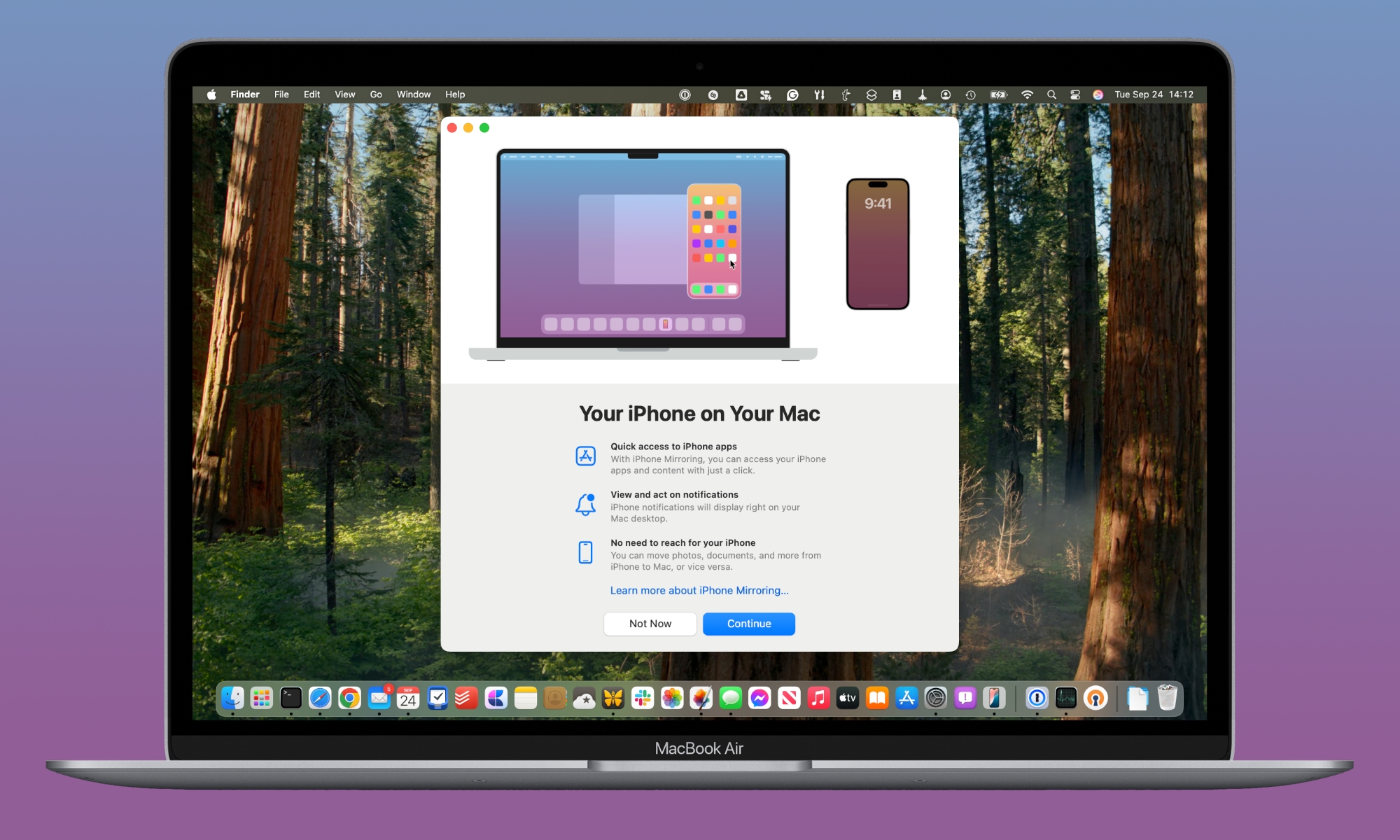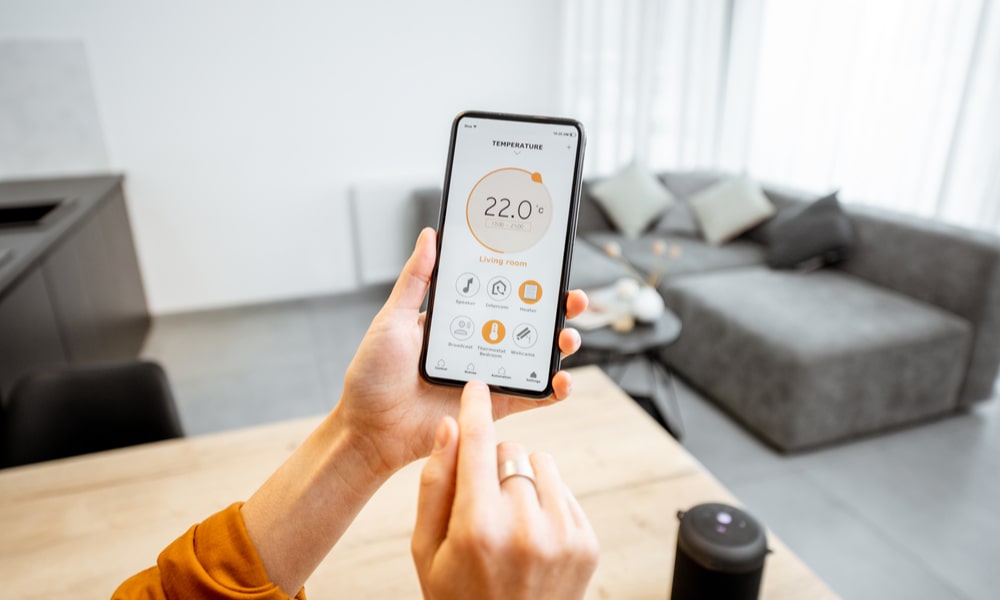Are European iPhone Users About to Start Losing Features?
 kristineldridge / Adobe Stock
kristineldridge / Adobe Stock
Toggle Dark Mode
Not content to simply force Apple to open up app distribution in the EU, the European Commission is leveraging its new Digital Markets Act to insist that Apple also open up proprietary iPhone hardware and software features. The Commission insists that Apple has an unfair competitive advantage by not allowing Android and other handset makers to participate on a level playing field when it comes to features like AirDrop and AirPlay.
In March, the EC announced two new decisions under the DMA, specifying “the measures that Apple has to take to comply with certain aspects of its interoperability obligation” to ensure that third-party companies can achieve “a deeper and more seamless integration” with Apple’s ecosystem.
The Commission has targeted nine specific connectivity features in iOS, stating that if Apple wants to sell the iPhone in Europe, it’s going to need to ensure that third-party smartwatches can be used with it as easily as the Apple Watch, that all headphones work like AirPods, and that Windows PCs and Android smartphones can exchange data with an iPhone or iPad using AirDrop, to name a few.
The first set of measures concerns nine iOS connectivity features, predominantly used for connected devices such as smartwatches, headphones or TVs. The measures will grant device manufacturers and app developers improved access to iPhone features that interact with such devices (e.g. displaying notifications on smartwatches), faster data transfers (e.g. peer-to-peer Wi-Fi connections, and near-field communication) and easier device set-up (e.g. pairing).
European Commission
This decision would force Apple to make all of its proprietary standards available to anyone who wants to use them, from Microsoft and Google to the open-source developers behind various flavors of Linux.
Apple’s Response
Naturally, Apple is appealing this decision, arguing that it not only threatens the foundation of its core user experiences but also has serious consequences for user privacy.
In a statement to various media outlets, an Apple spokesperson said that companies are asking for sensitive data that contains “personal information that even Apple doesn’t see.”
These requirements will also hand data-hungry companies sensitive information, which poses massive privacy and security risks to our EU users. Companies have already requested our users’ most sensitive data — from the content of their notifications, to a full history of every stored Wi-Fi network on their device — giving them the ability to access personal information that even Apple doesn’t see.
Apple
This isn’t the first time Apple has made this point. In December 2024, it published a white paper titled It’s getting personal, where the company explained how the DMA’s interoperability mandate is open to abuse by companies like Meta, which bases much of its business model on collecting user data — and has been caught breaking the rules to do so. “Meta has made 15 requests (and counting) for potentially far-reaching access to Apple’s technology stack that, if granted as sought, would reduce the protections around personal data that our users have come to expect from their devices,” Apple said in the white paper.
Nothing in the DMA requires companies accessing sensitive data like notifications and Wi-Fi passwords to adhere to the same privacy and security standards as Apple. It wouldn’t be a stretch to see a third-party device hoovering up every notification it can from a user’s iPhone, transferring them over the Internet in an unencrypted form, storing them on third-party servers, and possibly even using them for things like building user profiles and targeted advertising.
What Happens Next…
As John Gruber points out at Daring Fireball, this is nothing like the EU’s mandate for USB-C charging, which took an open standard and simply enforced it. The same will apply once the EC mandates a wireless charging standard, which will almost certainly be the Qi standards. Even forcing Apple to open up app distribution didn’t force Apple to open the App Store; it merely allowed other app marketplaces to exist and install apps onto an iPhone.
That’s a far cry from insisting that Apple make its proprietary AirDrop, AirPlay, AirPods, and notification protocols available to everyone. Such a move would be equivalent to forcing Apple to let anyone build devices with a Lightning port rather than mandating USB-C.
If Apple’s appeal fails to convince the European Commission of the unwisdom of this course of action, European users might find themselves on the losing end of the bargain. In its media statement this week, Apple subtly hinted that it would choose to remove features from iPhones sold in the European Union rather than comply with these “deeply flawed rules.”
In the end, these deeply flawed rules that only target Apple — and no other company — will severely limit our ability to deliver innovative products and features to Europe, leading to an inferior user experience for our European customers.
Apple
We’ve already seen examples of Apple’s reluctance to bring features to the EU if it might be required to open them up in ways that could compromise user privacy. Apple hesitated to roll out any Apple Intelligence features in the EU until it was confident it could do so without violating the DMA, but two iOS 18 features are still missing in Europe: iPhone Mirroring and SharePlay Screen Sharing.
Apple made it clear last summer that EU users wouldn’t be getting these two features because “the interoperability requirements of the DMA could force us to compromise the integrity of our products in ways that risk user privacy and data security.” While Apple didn’t go into any details on how that would be a problem, it’s not hard to fill in the blanks; the DMA would potentially require iPhone Mirroring and Screen Sharing to be available to Windows and Android users.
This same argument can easily be applied to features like AirDrop and AirPlay. Those have long been available worldwide, but that doesn’t mean things have to stay that way. It’s not hard to imagine Apple switching AirDrop off in the EU if its only other choice is opening it up to third parties in a way that compromises user privacy and security, such as making it interoperable with other peer-to-peer sharing protocols like Android Quick Share.
The Right Way Toward Greater Interoperability
If anything, the European Commission should be looking at ways to encourage common protocols that can be used across all mobile platforms and devices and then work on forcing Apple to adopt those. While that’s arguably not the role of a government regulator, it’s still at least closer to their wheelhouse than insisting that a private company make its technology publicly available for others to use.
One of the best examples of how this can work can be found in the Matter standard — and that was adopted without any government mandate whatsoever.
Matter was an industry-developed solution to bring together disparate home automation ecosystems. Apple’s HomeKit, Amazon’s Alexa, and Google Home went from being siloed environments to fully interoperable ones, and many accessories could add Matter support with a firmware update.
While the Matter standard still has its flaws, it’s a great example of how interoperability can be achieved without forcing companies to mix and match proprietary protocols. Matter is a new standard that is effectively a layer on top of the existing proprietary ones. It’s now the way forward, to the point that Apple’s recent addition of robot vacuum support in iOS 18.4 relies solely on Matter devices, as nobody is particularly interested in building a HomeKit-specific solution.
That same could hold true for things like AirDrop and AirPlay (and Quick Share and Chromecast). Perhaps Apple and Google have less incentive to embrace this kind of interoperability on their own, but if EU regulators really want to drive this forward, they should be pushing for a new open standard for interoperability instead of forcing Apple to adapt to everyone else’s needs.


